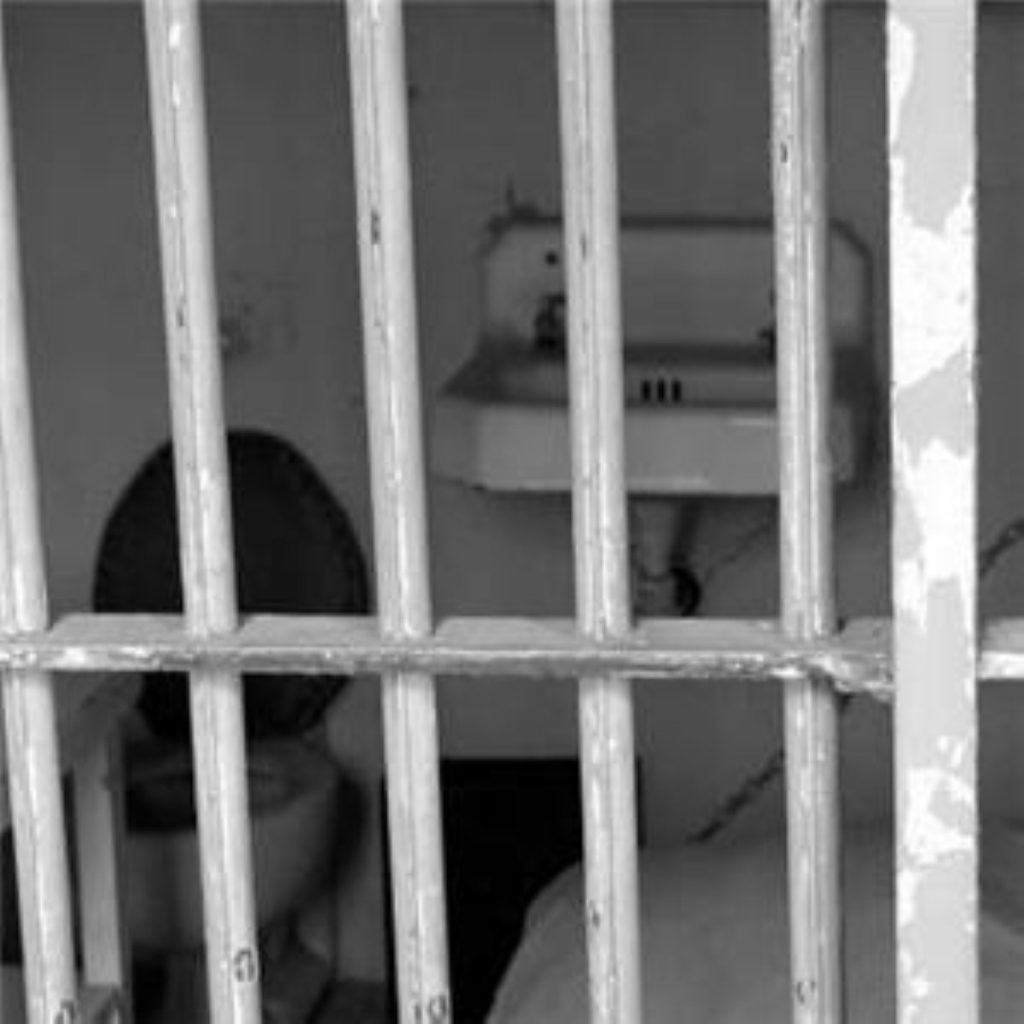Half as many prisoners released on parole
The number of life prisoners released on probation has fallen drastically in the past year, figures from the parole board reveal.
Today’s statistics show a fall of nearly half in the number of prisoners in England and Wales granted parole – of the 901 who applied only 106 were released early.
The board said it would exercise more caution after a spate of high-profile cases when offenders committed crimes – including two murders – after they had been freed. Damien Hanson killed banker John Monckton while on probation in 2004, and Anthony Rice killed Naomi Bryant in August 2005. At the time the Parole Board said Rice posed only a “minimal risk”.
The statistics show that of the 140 people who were returned to prison from 2005-2006, 87 had been serving life sentences.


And in the six months from April to September this year, the proportion of “lifers” released on licence – 11.8 per cent – is almost half the April 2005 to March 2006 figure. During this time, the board accepted 21.3 per cent of requests for parole from life sentence offenders, who include rapists and murderers.
Prisoners serving more than four years but less than a life sentence were also less likely to be released on parole, the figures show, with the proportion of accepted requests falling from 49 per cent last year to 35.7 per cent in the latest six-month period.
Parole board chairman Duncan Nichol said: “We have taken another good hard look at the violent offender who has been a ‘model prisoner’.”
Tim Morris, also speaking for the parole board, added: “It’s clear that there is a more cautious approach in the wake of one or two high-profile cases where someone who has been released has gone on to commit a serious offence.”
The board had taken into account formal reviews of reoffending cases, and learned lessons from them, he said, insisting members had taken a “much more stringent approach to the information before them”.
Mr Morris added: “Where previously they may have gone ahead and made a decision based on information that wasn’t complete, they are being much more rigorous that the information is complete, and will defer the matter until they have all the information.”
Shadow home secretary David Davis said dangerous prisoners had been released “as a direct result of overcrowding in prisons and the government’s desperate attempts to deal with these problems of their own making”.
“This was compounded by the fact the government cut back sharply on face-to-face interviews before release, leading to many more mistakes being made, many more criminals being recalled and many more dangerous prisoners putting the public at risk,” Mr Davis argued.
Innocent people had been murdered by people who should have been in prison, he added.
Under government plans to be unveiled on Wednesday, High Court judges will be able to decide when a prisoner is freed meaning convicts will no longer be granted an automatic right to parole halfway through their sentence.









